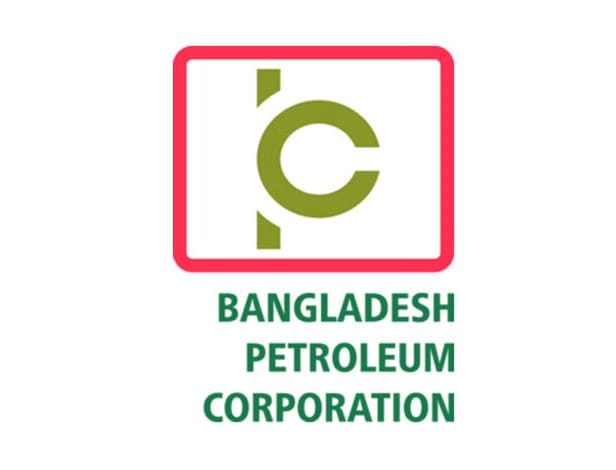Bangladesh may face economic challenges due to prolonged volatility in the international fuel market, driven by U.S. sanctions on Russia, a senior government policymaker has warned.
“We are closely monitoring the international oil market as we prepare to negotiate with global suppliers next month to meet local fuel demand for 2026,” said Power and Energy Adviser Muhammad Fouzul Kabir Khan, speaking to Just Energy News on Friday.
His comments came as Brent crude prices climbed more than five percent to $65.98 per barrel following the latest round of U.S. sanctions on Russian oil exports.
According to official estimates, Bangladesh is expected to import around 5.7 million metric tonnes of petroleum products annually at a cost of approximately USD 5 billion.
A senior official of the Bangladesh Petroleum Corporation (BPC) said the government will initiate government-to-government (G2G) negotiations on November 20, 2025, to import 1.425 million tonnes of crude oil from Saudi Arabia, the UAE, and Kuwait for the first half of 2026 (January–June).
“In addition, tenders for importing a similar quantity of refined petroleum for the same period have already been completed,” the official added.
Bangladesh is unlikely to face immediate supply disruptions if global oil prices remain unstable for a month or two, the official said. “However, if the market remains volatile for over six months, it could become a serious concern,” noted a senior general manager of BPC.
He explained that the UAE sets its government selling price (GSP) based on a two-month average of crude market prices, while Saudi Arabia determines its GSP based on a one-month average.
Currently, Bangladesh imports crude oil mainly from Saudi Aramco and ADNOC (UAE). Refined petroleum products are sourced from Petronas, PTI Indonesia, Sinopec Singapore, PetroChina ENOC, OQ Trading (Qatar), Indian Oil Corporation, NRL India, and KPC (Kuwait) under both tender and G2G arrangements.
The country’s lone refinery, Eastern Refinery Limited (ERL), established in 1965, is designed to process only 1.4–1.5 million tonnes of Marban Light and Arabian Mix Crude annually.
Market Stability and Loss Recovery
The oil market in Bangladesh remained relatively stable over the past year. After incurring losses in July and August 2024, BPC posted a small profit of BDT 1:0 per litre in September and October due to improved international pricing.
Officials said Bangladesh is currently at a “break-even” point. “Next month’s accounts will provide a clearer picture,” a senior BPC official said, adding that global price volatility remains the biggest concern.
To support import payments, Bangladesh expects a USD 1.2–1.5 billion loan from the International Islamic Trade Finance Corporation (ITFC) annually. “The ITFC credit line is crucial, as most international banks are reluctant to take the risk of financing oil imports to Bangladesh,” the official noted.

